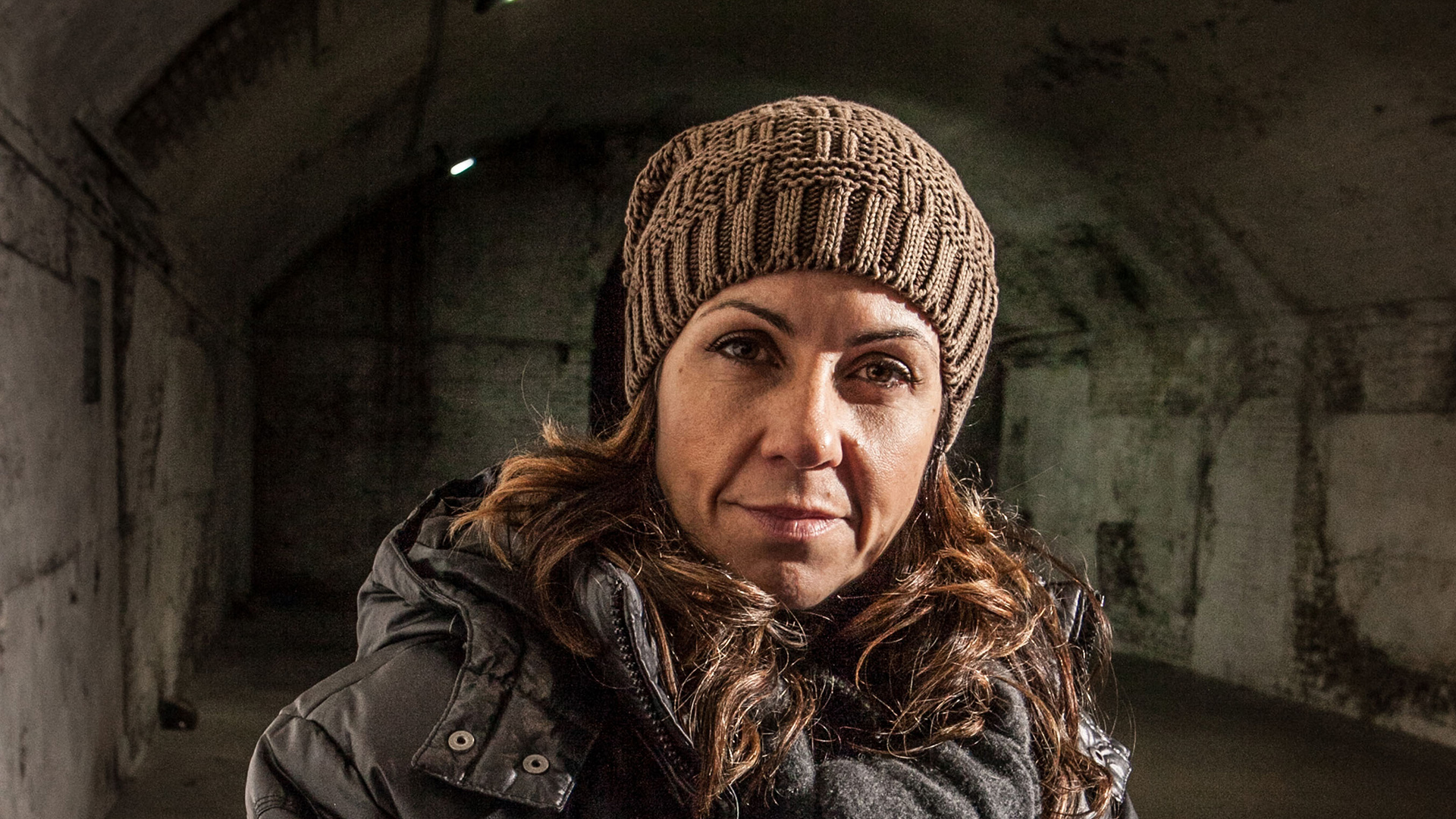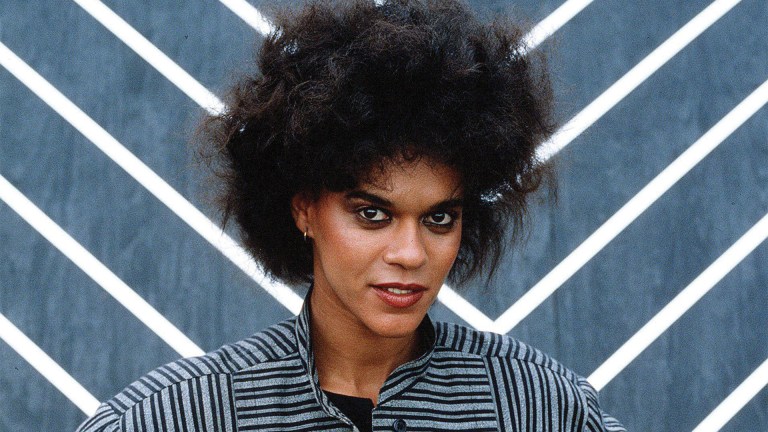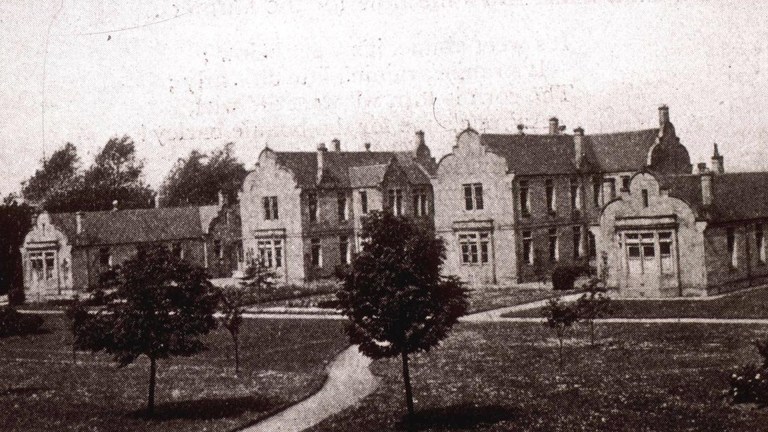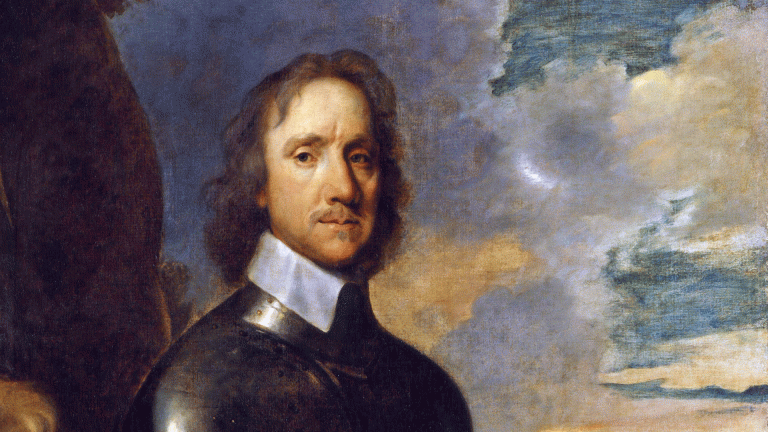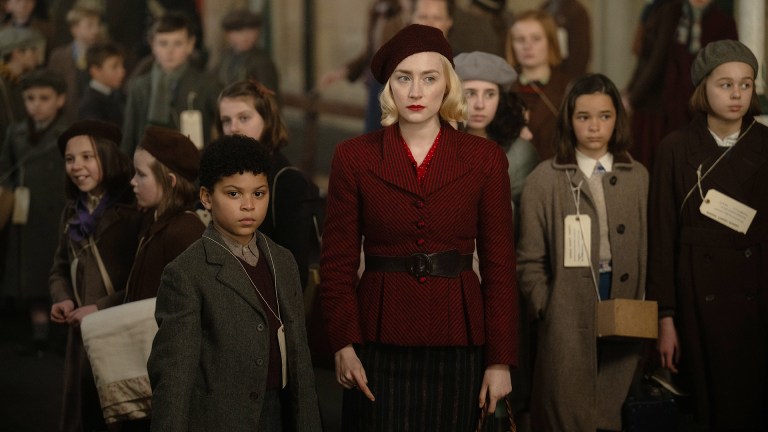I don’t think you can talk from a position of authority unless you know how uncomfortable it is to sleep on a cold concrete pavement and feel that rejection from society. Clearly one week is a drop in the ocean. I can’t say I know what the long-term effects are. But I can tell you it is the most difficult thing I have ever done.
How did you feel before filming?
I am quite adventurous. I have done physical challenges in my career. My feelings were a fear of the unknown and, I hesitate to use the word excitement because it makes it sound like this was a kind of gung-ho adventure for me but I was keen to get started. I thought as a competent, confident person I would be able to find shelter and wouldn’t be sleeping rough. How wrong was I?
We assume there is a safety net…
There is this misconception that there is a safety net. I was saying, I am a woman in my 40s, I have found myself on the street, I don’t have anywhere to go, I don’t have ID or money – what can you do to help me? What isn’t shown is the battle I went through to break down the system. I went to Camden Council and asked what they could do to help. First of all, they shat themselves. They were aware they might be shown in a bad light. I was told I would have to go through a rigorous interview process, which is a stumbling block for a lot of homeless people, especially someone who is emotionally vulnerable and on the run from domestic violence.
What did those clashes teach you?
John Bird told me I wouldn’t be able to break down the system and he was right. It is ridiculous that you are not able to access help in those first days. That is when you are at your most vulnerable and don’t have much street savvy. I found myself homeless on a Sunday night at 11pm. There seems to be an expectation that you will become homeless during office hours so you head to your borough offices and register. All of these things have to change. It is crazy. There must be an emergency number.
I imagine you are used to being listened to as a respected person, with a certain amount of power and agency.
I felt that capital disappear within a day. After your first night of sleeping rough, when you don’t sleep because you are frightened and cold, you get up feeling like a different person. I lost myself. I had my cardboard under my arm and my sleeping bag. You go into a café to buy tea with the £1 you just begged and can see people looking at you differently. It is worse than being invisible. You are judged instantly by your appearance in a very negative way. And I am used to the opposite, to be honest. I am someone who capitalises on my personality and appearance, it is part of my on-screen persona.
How did the exhaustion of being on the move affect you?
When you are homeless, you have to think about the minutiae every moment of every day. Where am I going to wee? How can I stay warm? Where can I get water? How will I get food? Where will I sleep? The sleep deprivation and your constant state of exhaustion have such an impact on your ability to make decisions. So how are you meant to think about rebuilding your life, getting a job and engaging with society? Homelessness is not an adventure. It is not a survival exercise. Homelessness is a deeply painful, physically exhausting and mentally demoralising thing to go through.
Where did you sleep?
In Camden I found a sheltered pavement close to a housing block. It was very uncomfortable, cold, noisy. I felt very exposed. Women are especially vulnerable. My decision was to escape the crowd. I felt more at risk with a group of people sleeping rough because I was new and wasn’t drinking or drug-taking. It is a volatile situation. I met people addicted to crack, [legal high] Spice or alcohol – and I am not judging them, it is very easy to see how this is something you do to dull the pain and kill the time.
Tell me about some of the people you met.
By the third night, I made a friend called Stephen. We bonded and he shared his stories. Stephen is a compelling character – intelligent, creative and charismatic but he has also made bad choices. He has spent time in prison and is addicted to Spice. To take the next few steps, he needs to step away from his friends in the homeless community and change his life, which is easier said than done. But he has a place to stay. This is his chance to move onwards and upwards.
Homelessness has doubled since 2010. For a rich country to have homeless people on our streets is disgusting
Have you stayed in touch?
We have been for lunches and dinners, I have topped up his phone, I speak to him regularly. He is back in touch with his family. I really rate him as a human being, and I will help him as much as I can. I was also paired with Jatinder, who is doing amazingly well. He was ready to change his life and is now working at Change Please [the company set up late last year in association with The Big Issue], selling coffee, which is perfect. With his positive personality, he could sell sand to the Arabs.
What is your message to local and national government?
I would say open your eyes. You cannot live in a big city and not be faced with homelessness every day of your life, and as human beings you can’t ignore it. Homelessness has doubled since 2010. For a rich country to have homeless people on our streets is disgusting. The government has to act now. The first few days on the street are when people are most vulnerable. If you don’t offer support then, you end up with a bigger problem. Take away the human cost, just consider cold, hard economics – and it is a lot more expensive to offer support after a person has become a victim of crime, turned to crime, become addicted to alcohol or drugs or gone into A&E.
Has this experience changed the way you will react when you see people who are homeless?
I like to think I was always compassionate. But I can’t walk by someone who is homeless now without asking what they need. The kindness people show makes your heart swell. Those moments show you there is some compassion in the world. If you can support homeless people back into a more independent existence by buying The Big Issue, don’t hesitate to do it.
Photo: Julia Bradbury © Love Productions/Mark Bourdillon
